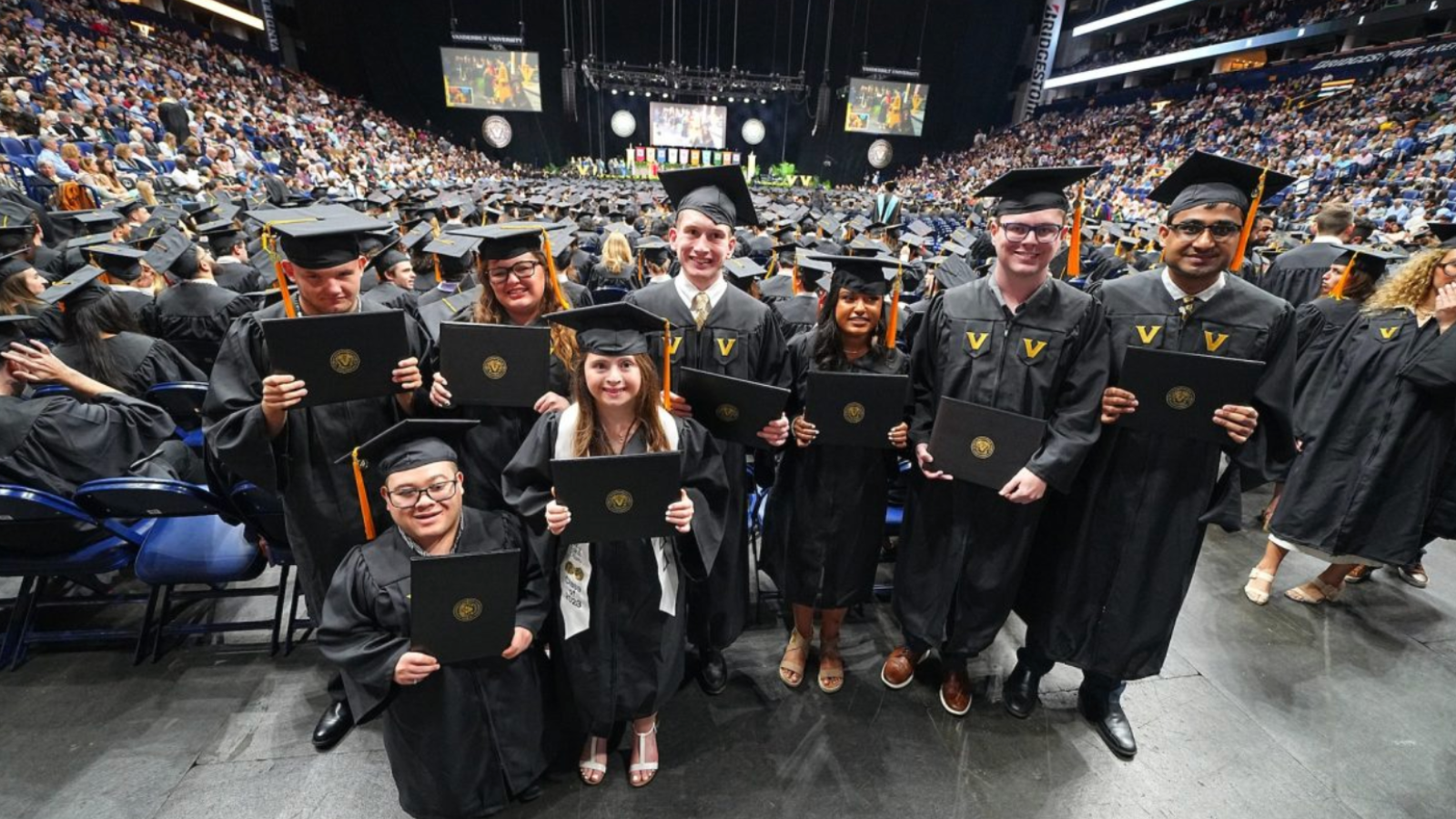The Department of Labor awarded Next Steps at Vanderbilt University a $2,324,851 grant to expand its innovative registered apprenticeship offerings. Next Steps, a four-year nondegree certificate program for neurodiverse students that is based in Peabody College of education and human development, will use the funding to enhance existing apprenticeships and develop new ones across several high-demand industries.
“Next Steps at Vanderbilt University has been a pioneer for inclusive postsecondary education in Tennessee and beyond,” said Camilla P. Benbow, Patricia and Rodes Hart Dean of Education and Human Development. “We are eager to build on its success and serve students with the new apprenticeship opportunities this grant will make possible.”
The grant will enable the program to extend its efforts to embed apprenticeships into its curriculum, offering more structured and competency-based learning experiences for students in the program.
“In the United States, only 16 percent of adults with intellectual disability are employed,” said Meghan Burke, professor of special education, who serves as the grant’s principal investigator. “Apprenticeships offer an exceptional model for neurodiverse learners to pursue meaningful employment, earning a credential that is nationally recognized along the way.”
The program’s initial success with an early childhood education apprenticeship—developed in collaboration with Peabody College, The Acorn School and the Susan Gray School—set the stage for this larger grant. The early childhood education apprenticeship, which began in 2021, was the first of its kind in the country. “We had to think outside the box since there was no precedent to turn to,” said Ariana Amaya, director of the Next Steps at Vanderbilt program. “Megan Macon, director of career development and co-investigator on the grant, strategically and creatively developed a pathway in collaboration within Peabody College and with our external partners.”
Currently, Next Steps at Vanderbilt boasts a 98 percent employment rate for its graduates. With the new grant, the program will expand its credentialing opportunities through additional apprenticeship pathways in the hospitality, education, IT and care economy sectors.



“Our employer partners will serve as expert mentors within their industries, helping to develop apprenticeships that meet both the needs of adults with disabilities and the employers,” said Lauren Bethune-Dix, director of academics and another co-investigator. This approach has already proven effective in addressing the shortage of qualified early childhood educators in Tennessee.
The award is part of the federal government’s $244 million investment to modernize and diversify the nation’s Registered Apprenticeship program. Next Steps at Vanderbilt serves as a model to influence best practices for similar programs across the country. “We have shared our apprenticeship program’s success in publications and at numerous conferences,” Amaya said. “Overwhelmingly, attendees at these conferences have shown enthusiasm and eagerness to replicate our initial apprenticeship model.”
The grant will also fund the creation of a multimodal resource toolkit, including video modules created by a Nashville production company. The modules will explain each apprenticeship and feature success stories from enrolled apprentices and will be distributed through Think College, the national coordinating center for inclusive higher education.
The success of the grant application was also due to extensive support from Vanderbilt’s Research Development and Support team and the Peabody Research Office. “This was our first Department of Labor grant application, and the process required a high level of detail and consideration,” Burke said. “It was a team effort as we collectively reviewed the grant instructions together.”
Looking ahead, Next Steps at Vanderbilt University is poised to set a national example of how opportunities for apprenticeships can and should be extended to neurodiverse adults, driving significant improvements in employment outcomes for adults with intellectual disability.
Visit the Next Steps at Vanderbilt University website for more information about the program or to provide financial support.
